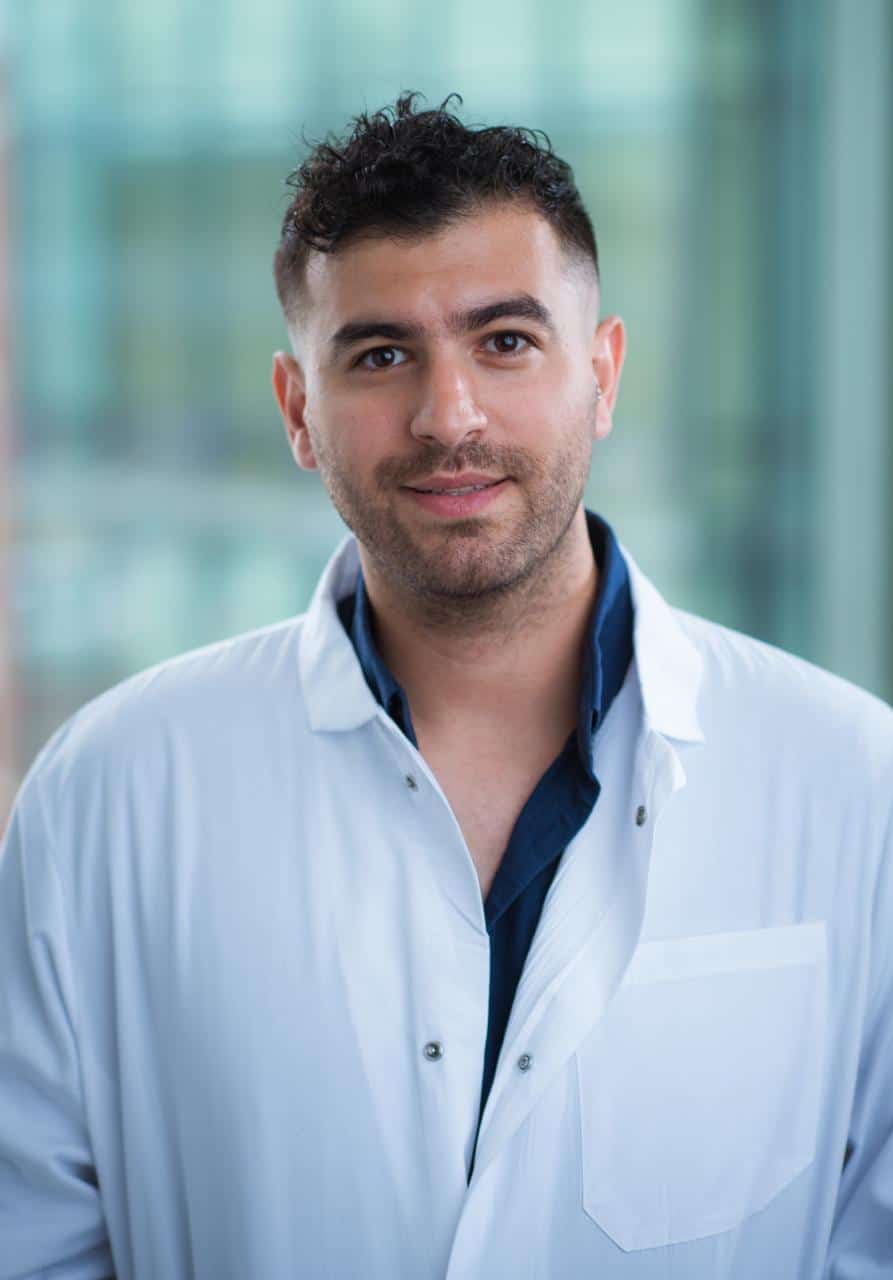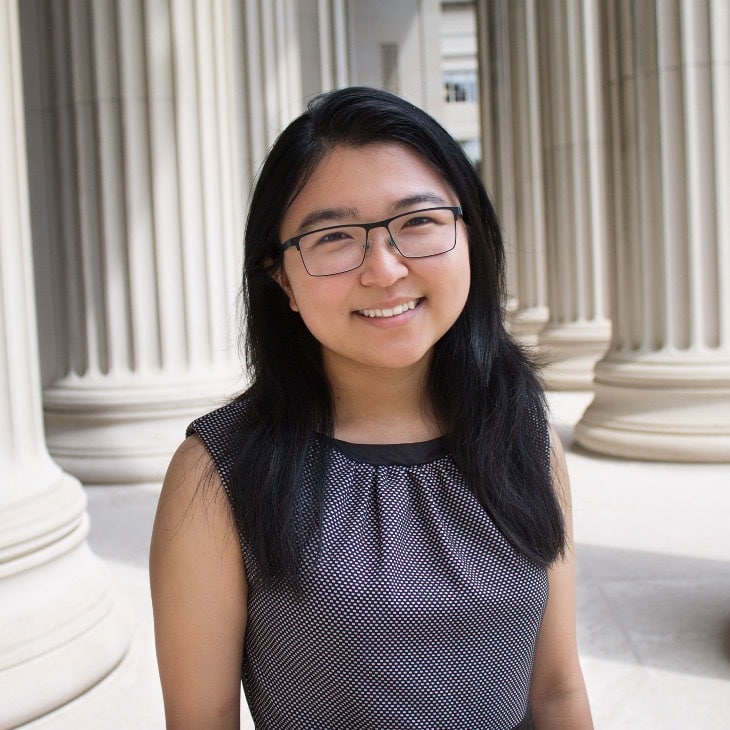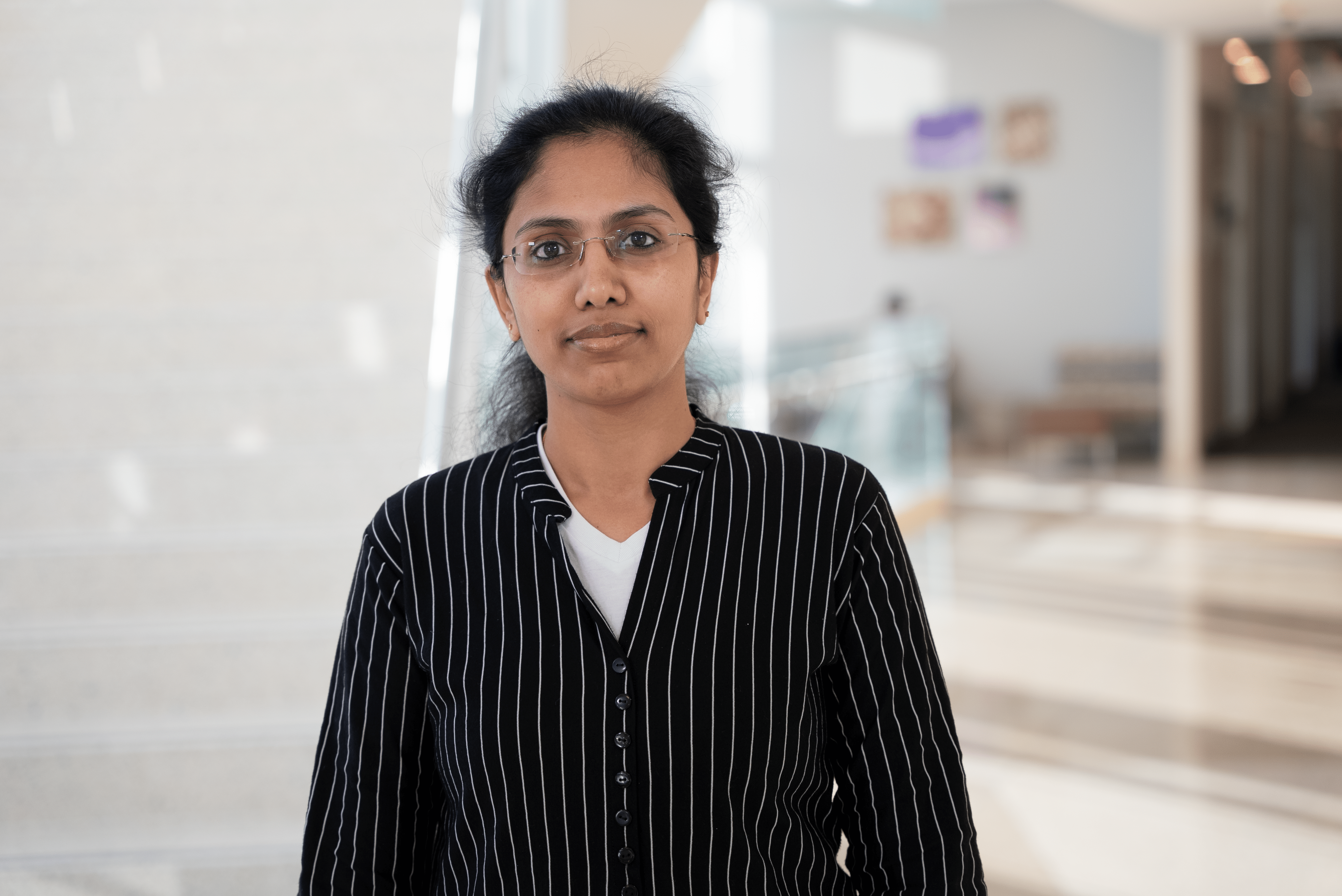
Here at PacBio, we are dedicated to revolutionizing the future of genomics by pushing the boundaries of what’s possible in research and discovery. To recognize groundbreaking research in gene and cell therapy, we launched the PacBio STAR grant to provide innovative scientists with the opportunity for free HiFi sequencing and a travel stipend to present their work at a PacBio event.
The response was incredible—a tremendously diverse set of researchers submitted proposals, showcasing how they would harness HiFi sequencing to contribute to the development and understanding of gene and cell therapies. Virtually every proposal offered inventive ways to enhance gene and cell therapies for ailments ranging from rare diseases to cancer.
We are thrilled to announce the winners of the 2024 Gene and Cell Therapy Research STAR Grant. We are so excited to see how HiFi sequencing will empower these researchers to achieve new milestones in their work.
Winner: Ramiro Perrotta
Post-doc, Harvard Medical School
 Proposal title: Machine learning and directed evolution of base editing enzymes
Proposal title: Machine learning and directed evolution of base editing enzymes
Summary: Phage-assisted non-continuous evolution (PANCE) has been successfully used for evolving genome editing tools such as base editors. Recently, we demonstrated how PANCE paired with NGS sequencing proved to be a powerful tool to identify variants that decrease bystander edits without losing their activity. Our study applied a lower evolutionary pressure than traditional stop-codon-based methods. This strategy slows the enrichment of superior variants, requiring alternative evaluation methods beyond plaque sequencing. While Illumina NGS is effective for small proteins, its 600 bp limit necessitates developing workflows using techniques like PacBio sequencing for larger target proteins.
Winner: Dawn Chen
Graduate student, Broad Institute
 Proposal title: Single-molecule variant calling to identify synergistic mutations that result in cancer drug resistance
Proposal title: Single-molecule variant calling to identify synergistic mutations that result in cancer drug resistance
Summary: We have developed a tool called Helicase Assisted Continuous Editing (HACE) that allows for long-range, targeted mutagenesis on native mammalian genomes. We have used this tool to functionally characterize mutations in MEK1-inhibitor drug resistance, which commonly occurs in cancer patients. We have already generated samples with multiple mutations and would like to characterize co-occurring mutations that induce resistance by synergistic interaction. Currently, we are using Nanopore to do single-molecule variant calling, which is very error-prone and leads to high false-positive rates. High-accuracy base calling like PacBio would be ideal for this use case.
Winner: Yannick Brüggemann
Post-doc, Ruhr University Bochum

Proposal title: Development of a CRISPR-Cas13-based therapeutic approach against hepatitis E virus (HEV-CUT)
Summary: The hepatitis E virus (HEV) is the most common cause of acute hepatitis worldwide. Our project aims to develop an innovative CRISPR-Cas13-based therapeutic approach against HEV. To obtain reliable virus genome sequences for gRNA design we have assembled a unique collection of 100 acute and 50 chronic HEV patient samples for sequencing. PacBio would allow us to resolve the viral diversity within our samples for gRNA design and also allow us to track the evolution of HEV populations and identify and quantify minor variants potentially linked to immune evasion or drug resistance.
Finalist: Sandhiya Ravi
Post-doc, UMass Chan Medical School
 Proposal title: Leveraging PacBio SMRT sequencing to predict and prevent rAAV truncations with deep learning
Proposal title: Leveraging PacBio SMRT sequencing to predict and prevent rAAV truncations with deep learning
Summary: Truncations in recombinant AAV (rAAV) vectors for gene therapy reduce treatment potencies, impacting dosing and costs. By leveraging generative AI, we have created a predictive deep learning model for vector truncations with a 98% accuracy rate. To validate the approach, we have synthesized eight AI-generated sequences with the highest predicted likelihood of producing truncated genomes. High-resolution data from HiFi sequencing and follow-up AAV genome-population sequencing analyses will help validate our model. This study will permit improved rAAV design, reduce vector impurities, and elevate gene therapy outcomes, aligning with PacBio’s mission to advance research.
Finalist: Edina Poletto
Post-doc, Stanford University
 Proposal title: Clinical development of autologous genome edited hematopoietic stem cells to treat mucopolysaccharidosis type 1
Proposal title: Clinical development of autologous genome edited hematopoietic stem cells to treat mucopolysaccharidosis type 1
Summary: We developed a novel platform to treat rare diseases. We use CRISPR-Cas9 and AAV vectors to deliver genes to hematopoietic stem cells for autologous transplantation. With this approach, we can provide a one-and-done therapy that targets most tissues while avoiding the caveats of allogeneic transplant. We are conducting the IND-enabling studies, and a thorough analysis of our therapy’s on- and off-target effects is inefficient. Long-read sequencing will allow us to identify large deletions, AAV insertions, and editing efficiency with a granularity that other methods will not. If proven safe, we hope to apply our platform to treat multiple rare diseases.
How to apply for PacBio grants
The PacBio Grant Program invites researchers across the world to apply for complimentary PacBio sequencing services for a diverse array of genomics research projects.
To participate, choose an active grant program that aligns with your research area and complete the application by explaining how your important work would benefit from PacBio sequencing. Applications are thoroughly reviewed by experts in each application. Selected winners are notified by PacBio to arrange for free sequencing, which can include free consumables, library preparation, and preliminary bioinformatic analyses, all provided by an authorized sequencing service provider (terms and conditions apply). For support of this 2024 STAR grant for gene and cell therapy research, we acknowledge and thank our service provider and co-sponsor SeqCenter.
These grants encompass all life sciences disciplines. Whether you are exploring intricate microbiomes, complex cancer tumors, rare and endangered species, or the uncharted regions of the human genome, there’s a grant that fits your research needs!